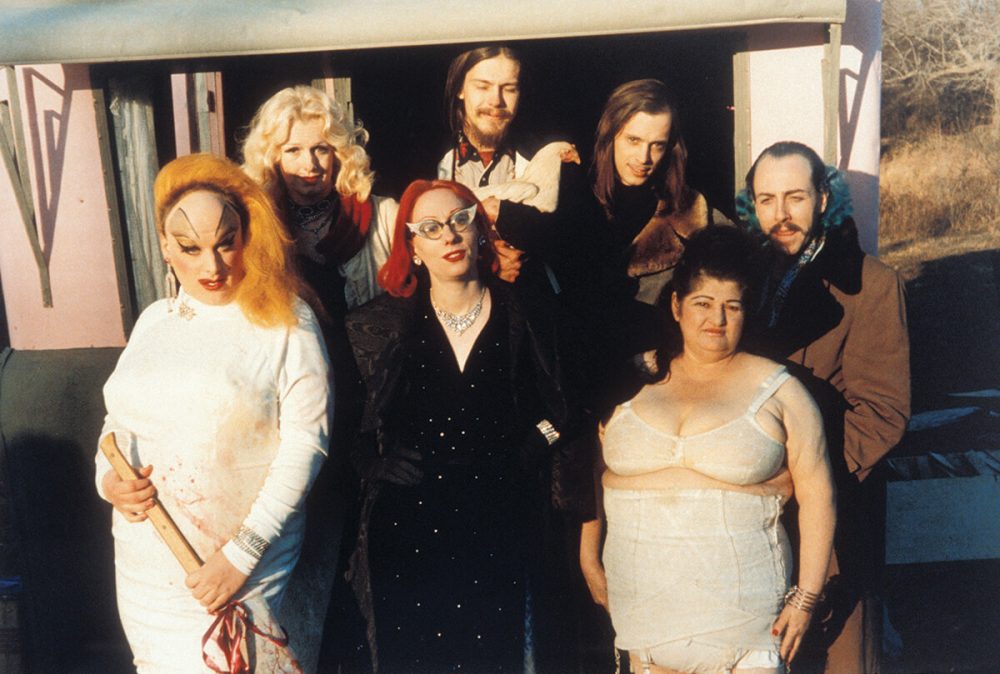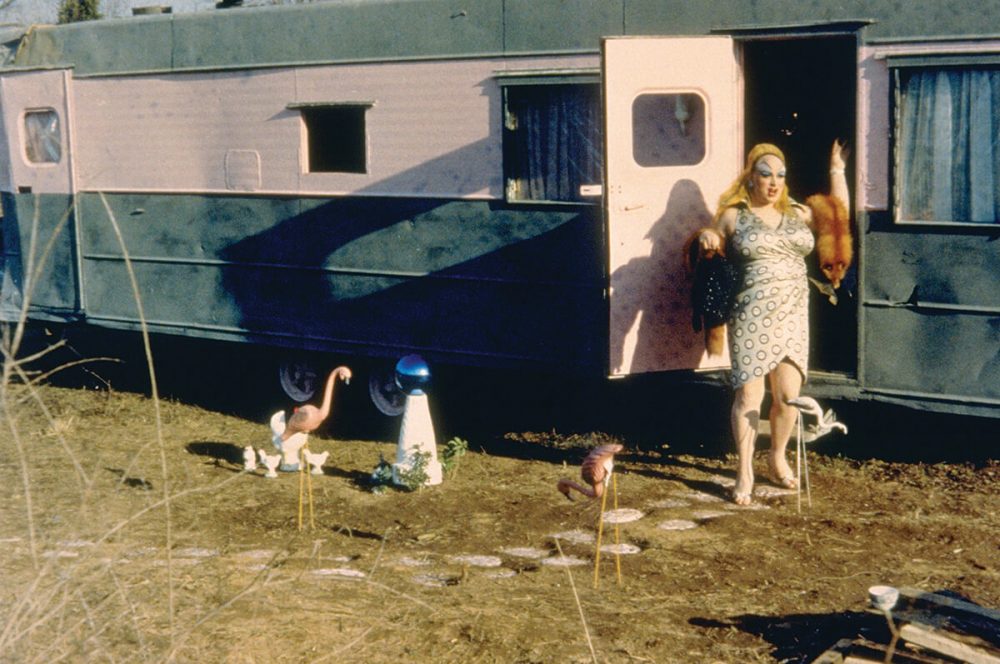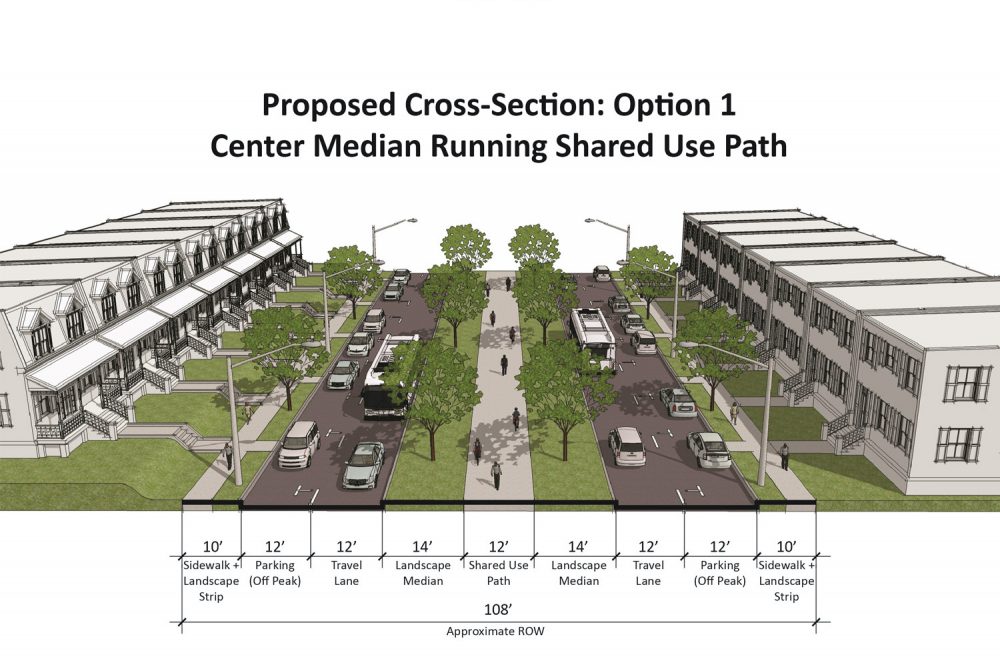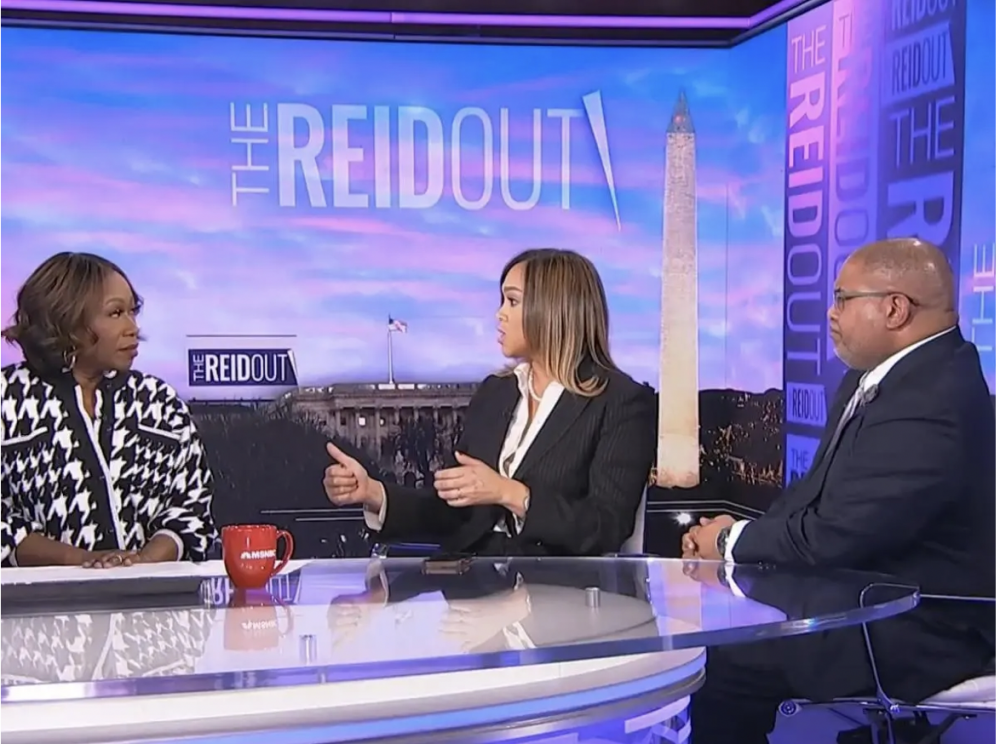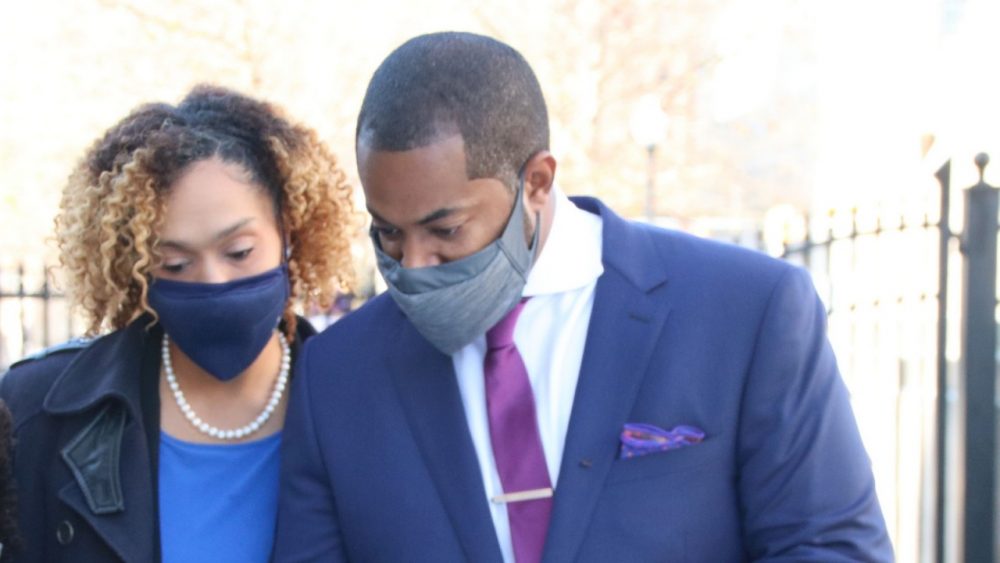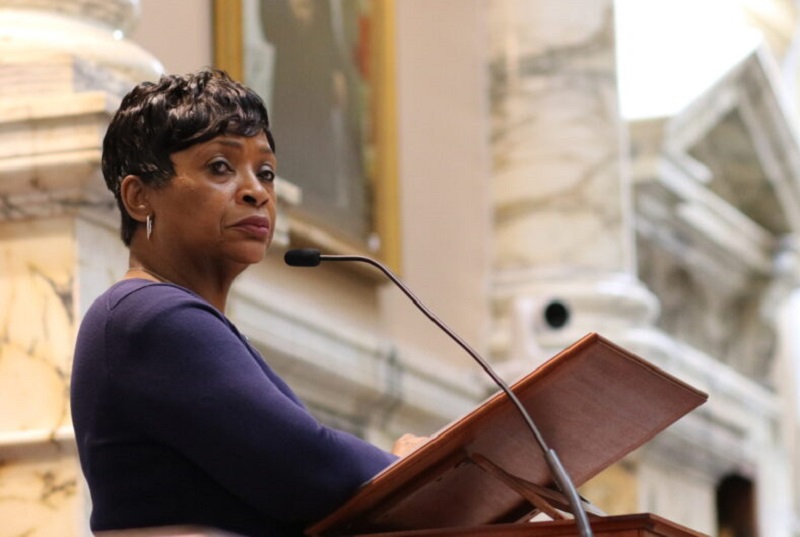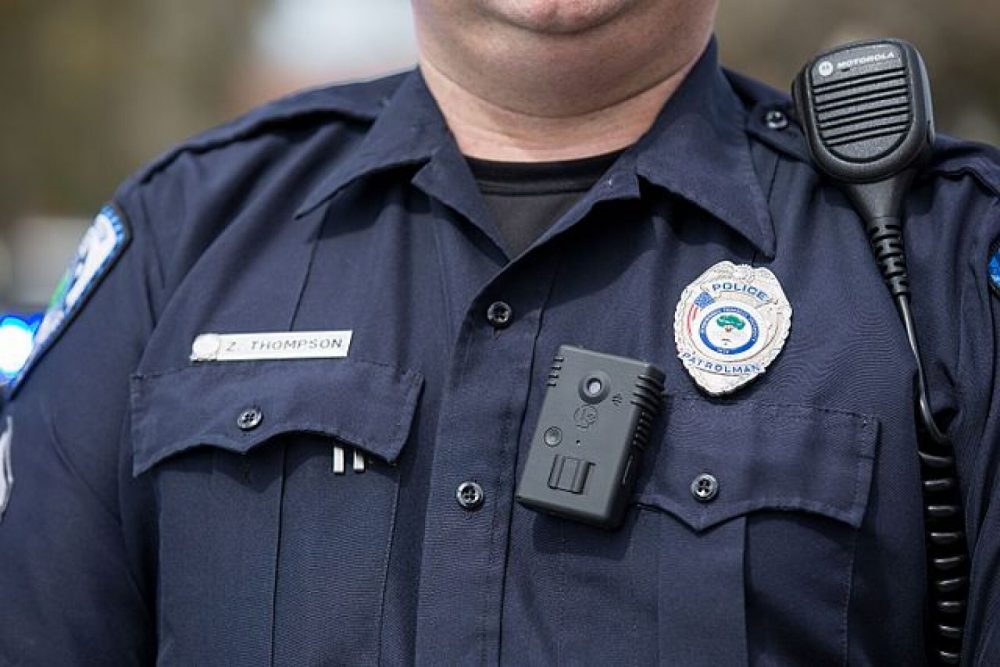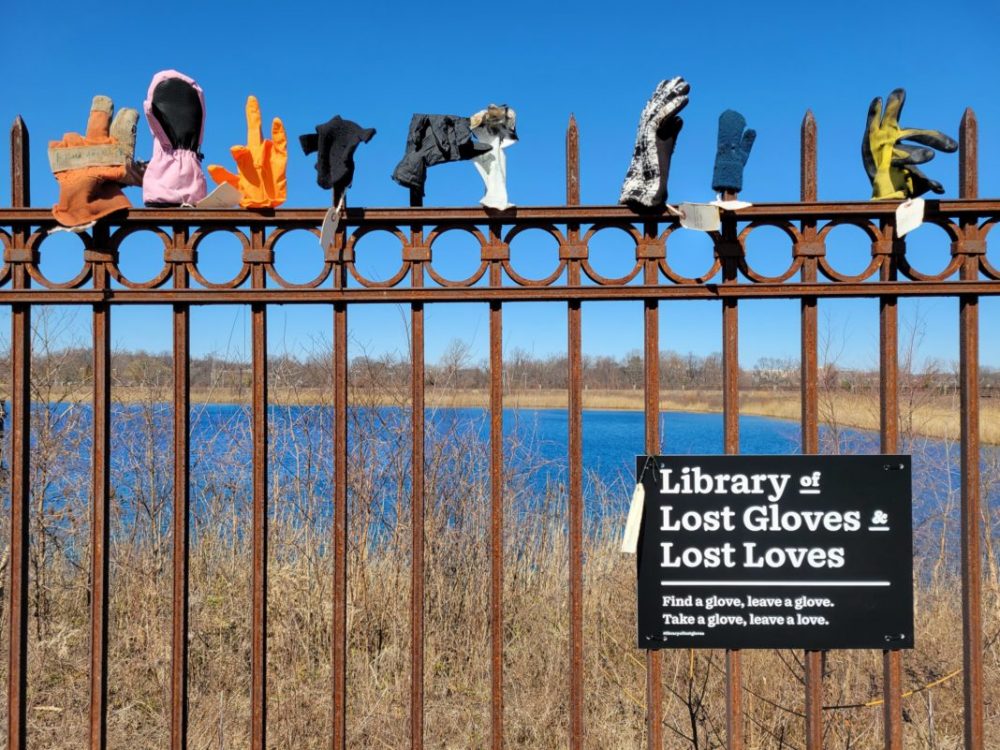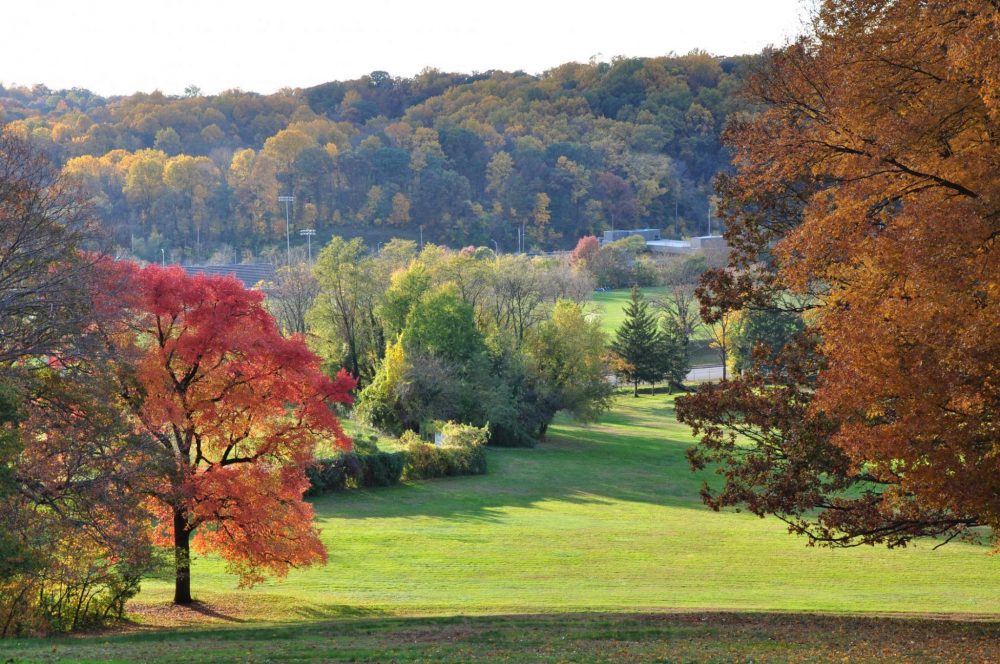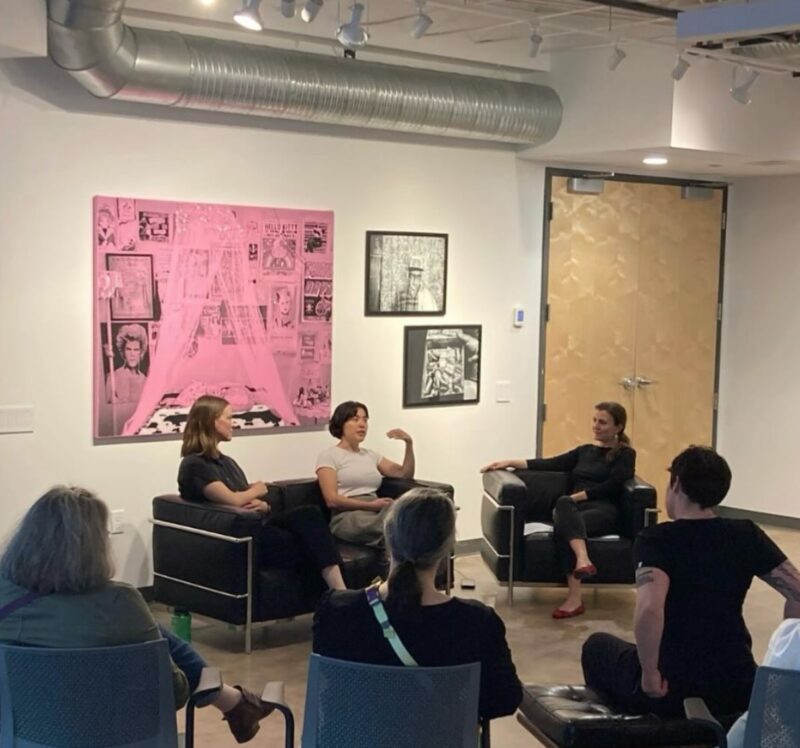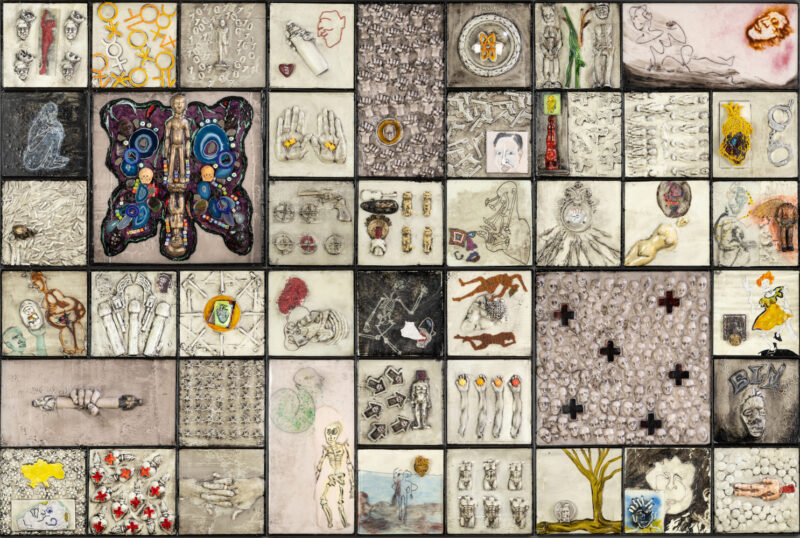Released 50 Years Ago, John Waters’ ‘Pink Flamingos’ Flouted Tastes and Social Mores
by Ron Cassie
Published March 2 in Baltimore Magazine
Excerpt: John Waters was not of legal drinking age, which was 18 in Maryland, when he first ventured downtown to the now-legendary Martick’s Tyson Street Tavern. He was still in high school. “My mother would drive me from Lutherville to Martick’s and drop me off in the alley next door,” Waters says. “My mother was kind of amazing. She didn’t understand me, but she said, ‘Maybe you’ll meet people like you here.’ My parents were conservative, upper-middle class. How would she even know about a place like Martick’s?”
In mid-century Baltimore, a lunch-pail city no one yet described as quirky, charming, or artsy, Martick’s was one of few LGBTQ-friendly bars around. Although that term obviously wasn’t part of the vernacular of the early 1960s, when the crowd there included beatniks, cross-dressers, transgender individuals, and poets, artists, and musicians of all shapes and stripes.
His mother’s intuition proved spot on. Waters hung around outside and regulars snuck him drinks. When owner Morris Martick wasn’t around, they’d bring him inside. Waters not only met his tribe at Martick’s, but many of his future filmmaking co-conspirators. Among them: Emmy-winning casting director Pat Moran, who was then studying dance; actor, projectionist, and later Fells Point theater owner George Figgs; and bartender and model Maelcum Soul, who starred in two of Waters’ first films, Roman Candles and Eat Your Makeup and died at 27 of an overdose. “A true beatnik goddess,” says Waters, glancing at a framed photograph of Soul in his home office.


